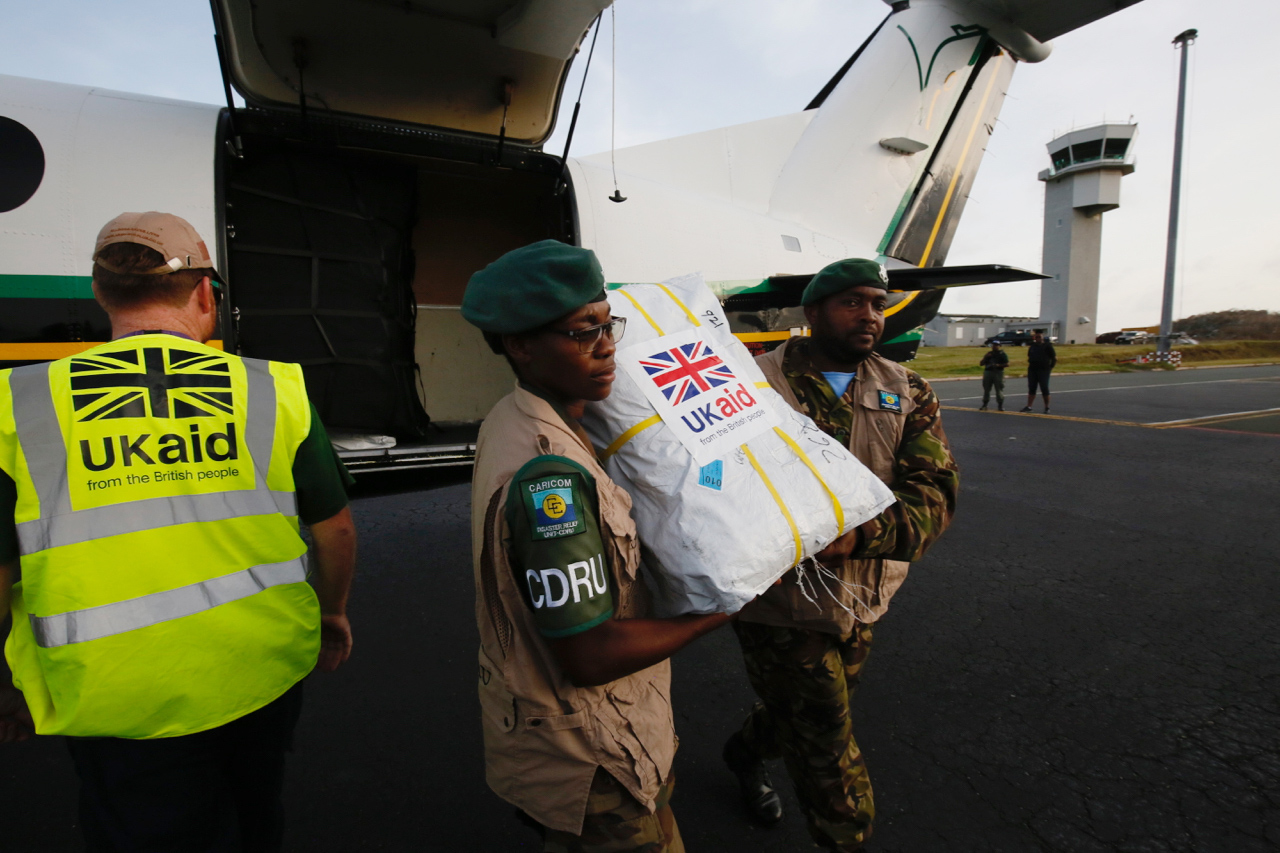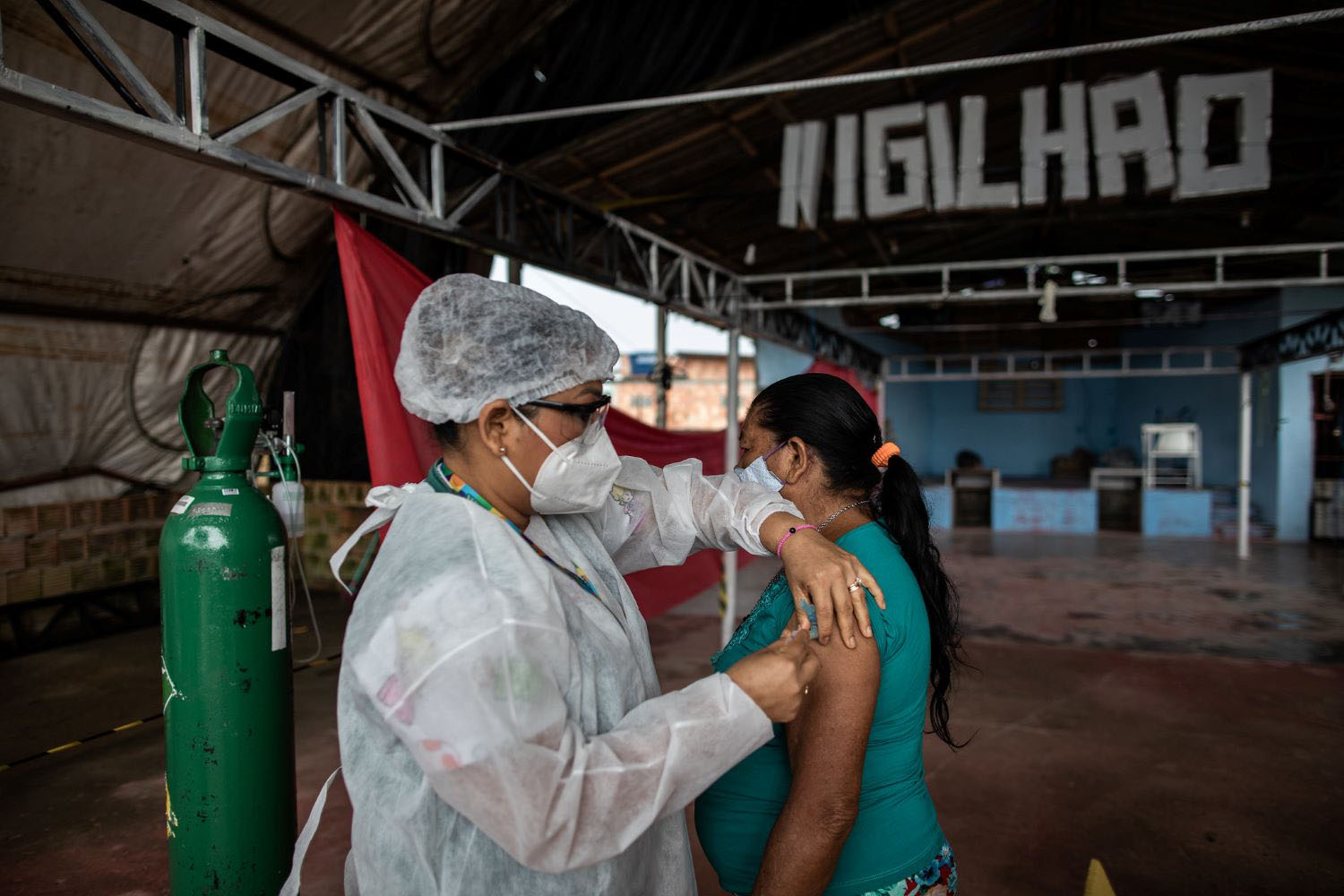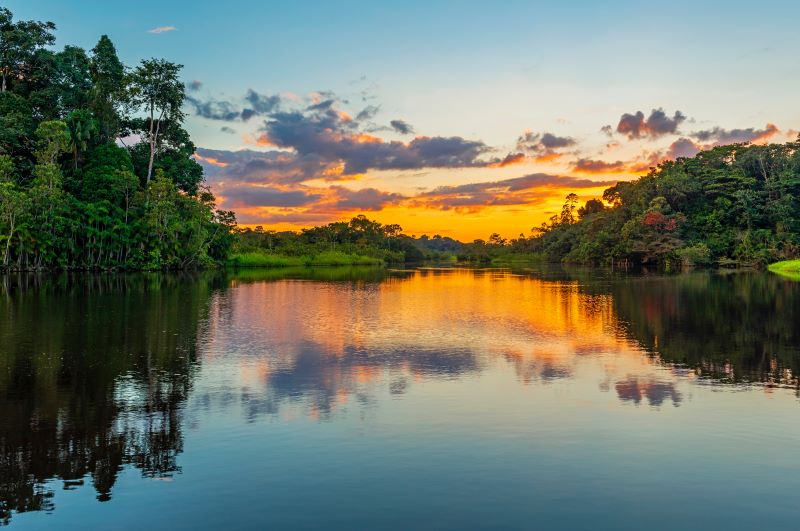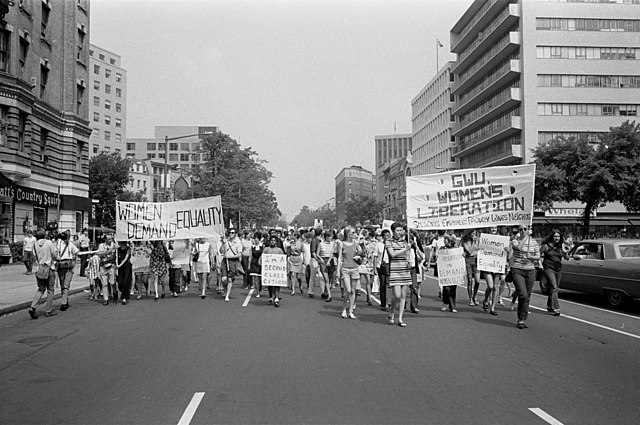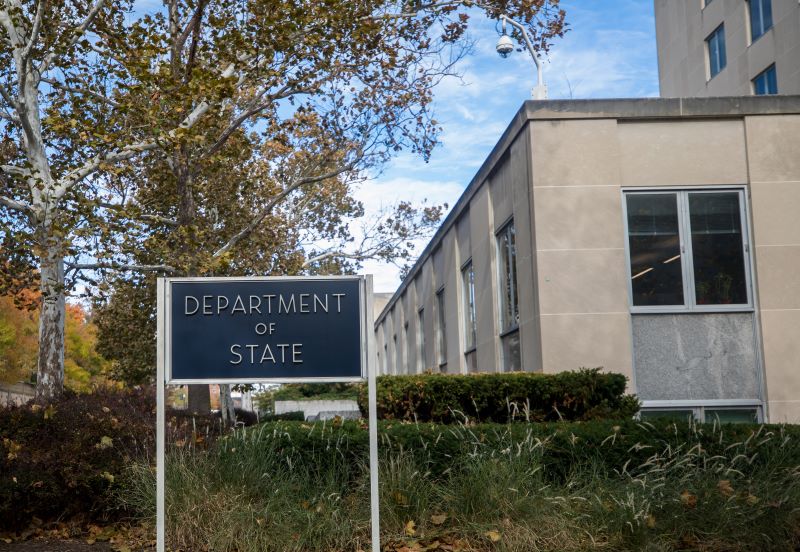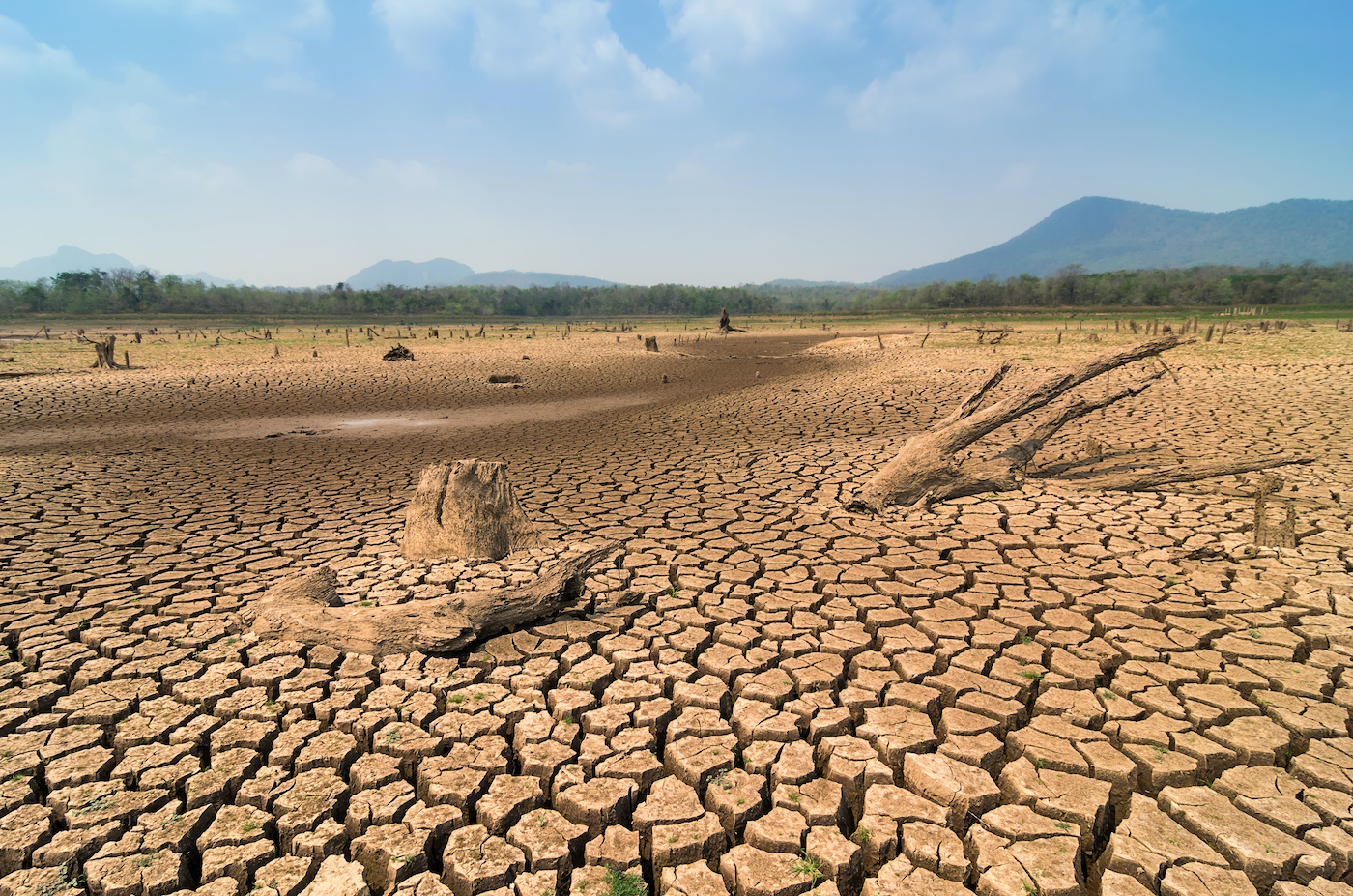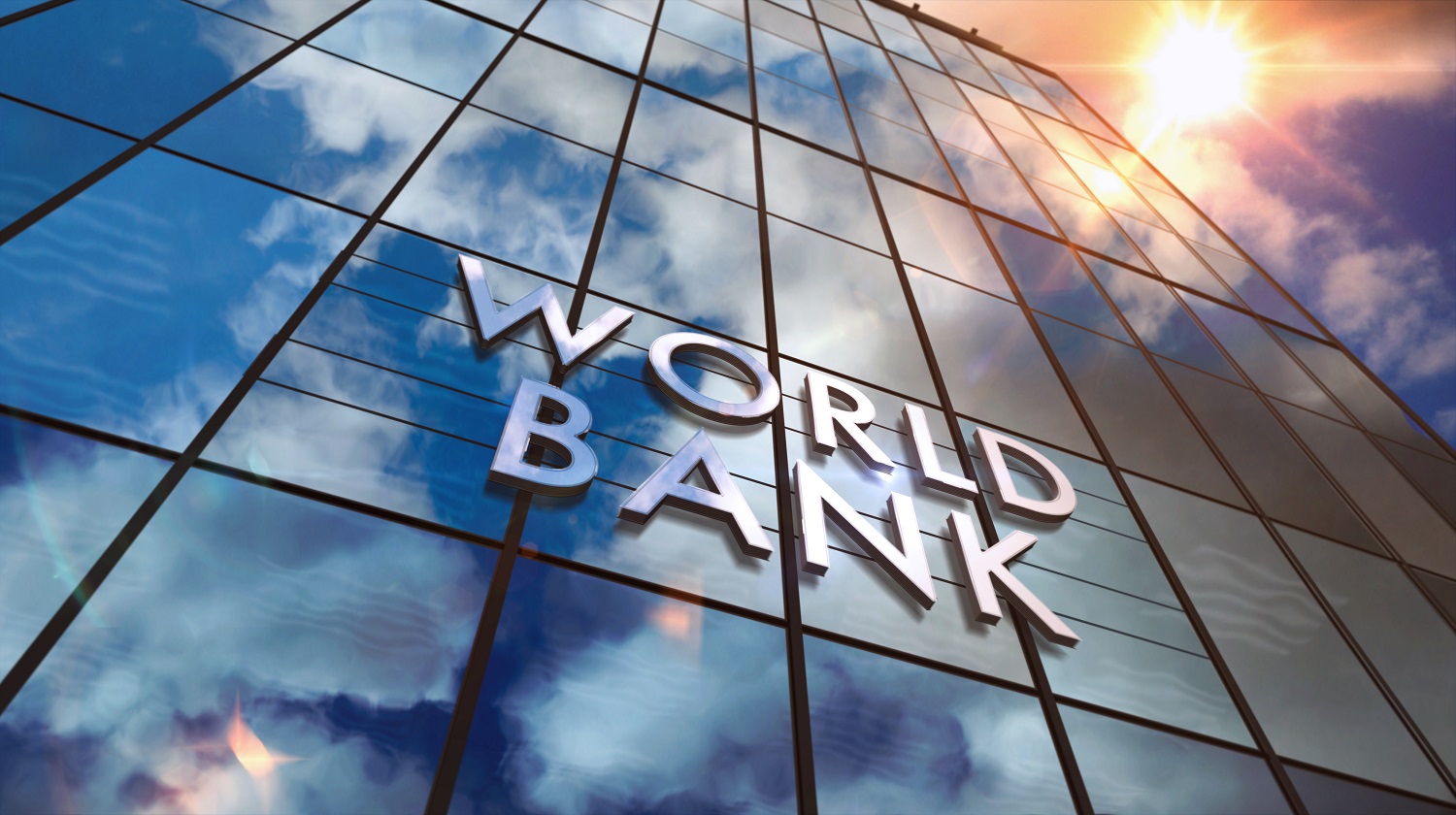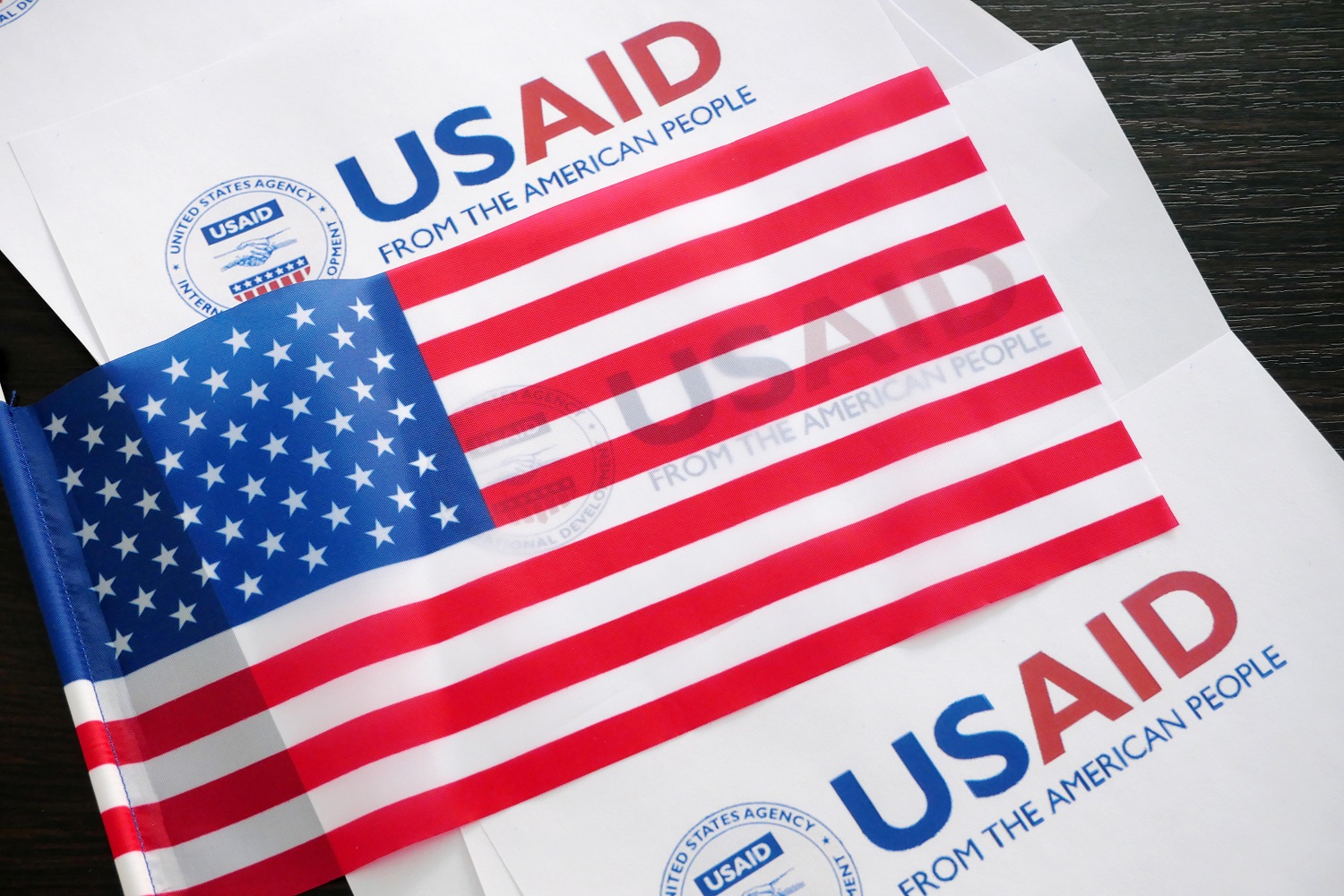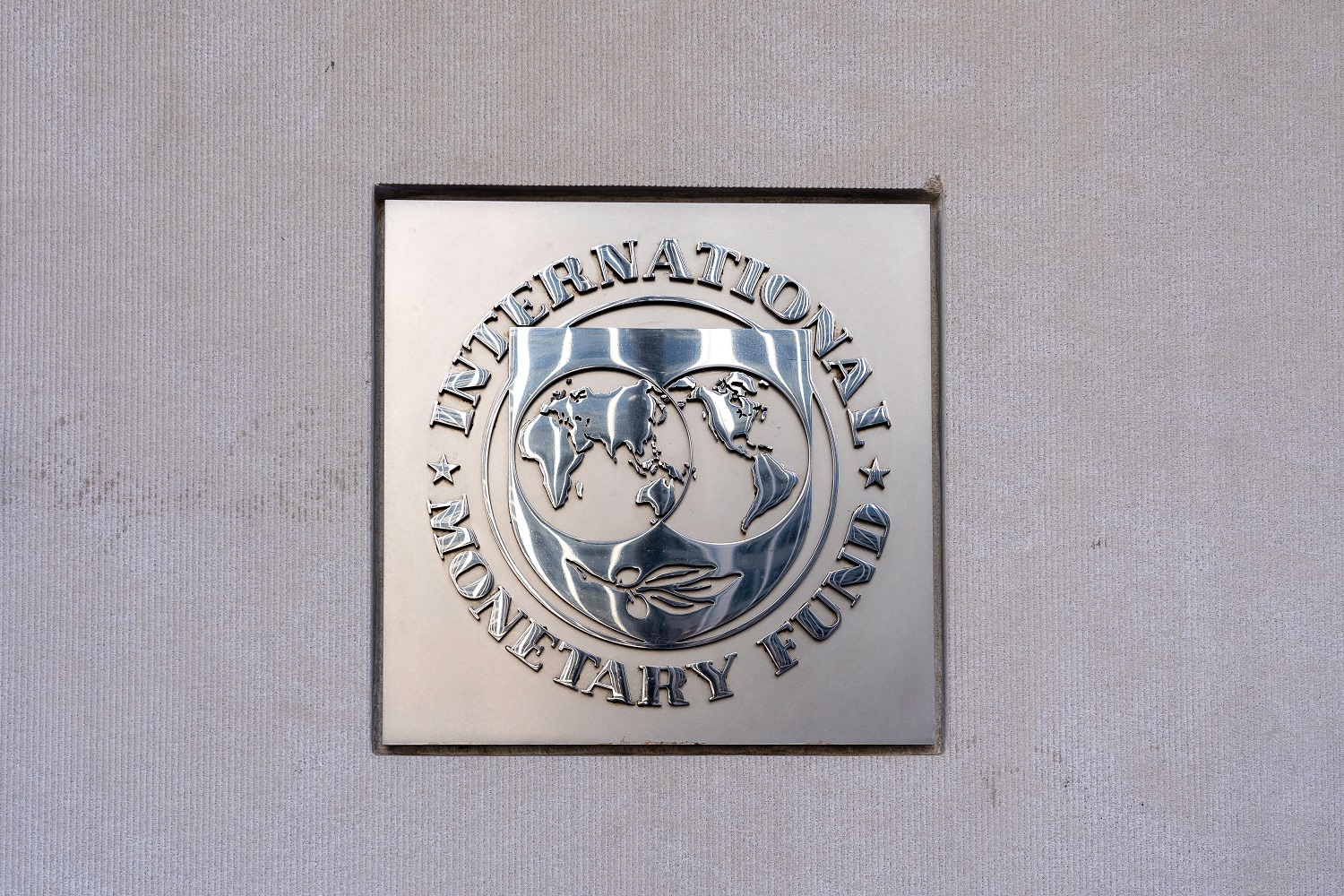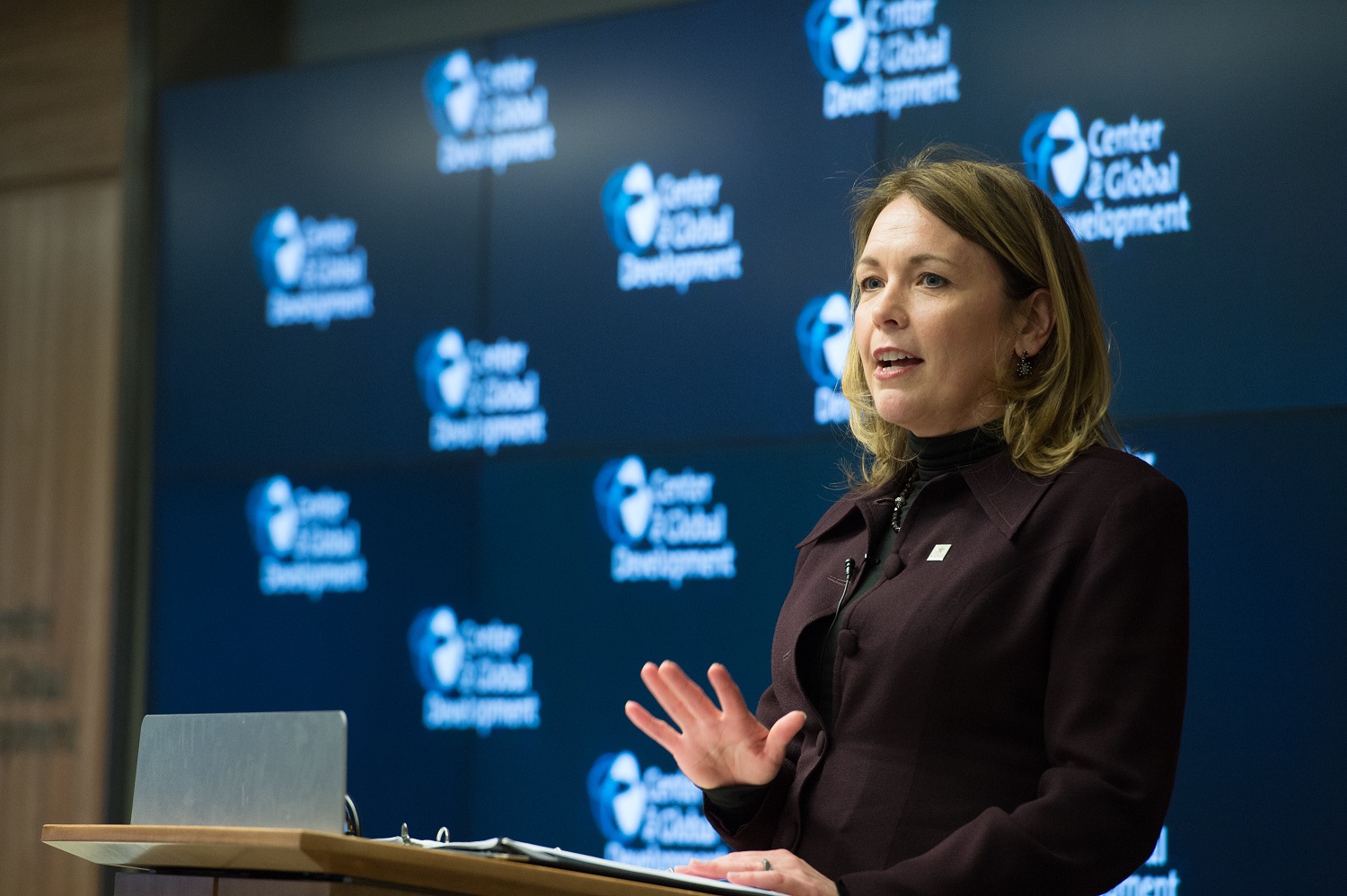Subscribe
Subscribe today to receive CGD’s latest newsletters and topic updates.
All Commentary
Filters:
Topics
Facet Toggle
Content Type
Facet Toggle
Blog Type
Facet Toggle
Time Frame
Facet Toggle
Blog Post
October 24, 2023
I was thrilled when I read last week that Claudia Goldin had won the Nobel Prize in Economics. I have never met her but you could say I discovered her 20 years ago when her 2003 study with Lawrence Katz entitled “The Power of the Pill: Oral Contraceptives and Women’s Career and Marriage Decisions” w...
Blog Post
September 22, 2023
The IMF has now approved ten new loans to countries under its new Resilience and Sustainability Trust (RST), established in 2022 to provide financial support on concessional terms to countries facing long-term structural challenges arising from two key threats: climate change and pandemic preparedne...
Blog Post
May 22, 2023
The climate mitigation work is an urgent development mission. The world has probably already lost the battle to limit warming to 1.5 degrees Celsius by 2050. Even now, millions of people in developing countries are suffering and dying due to natural disasters and sea level rise made worse by past an...
Blog Post
March 09, 2023
Dana Hyde showed tremendous leadership and wisdom as the fourth head of the Millennium Challenge Corporation (MCC), serving for nearly three years during President Obama’s second term. These brief notes on her leadership are our way of providing a tribute to her major contributions to MCC’s effectiv...


